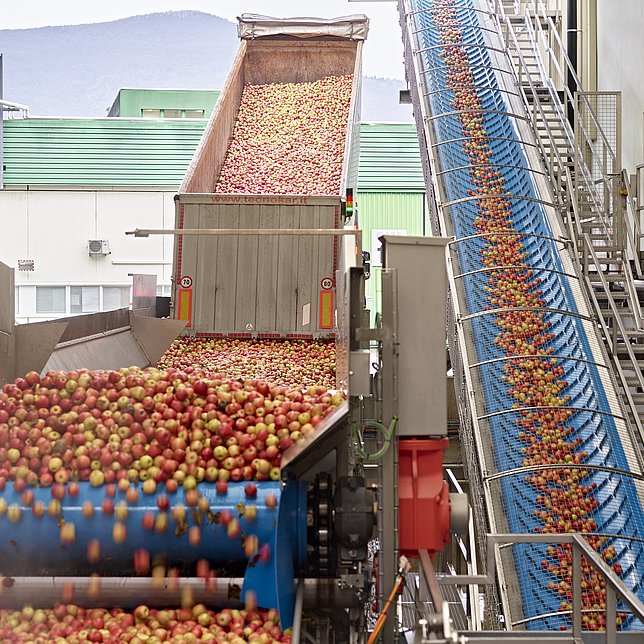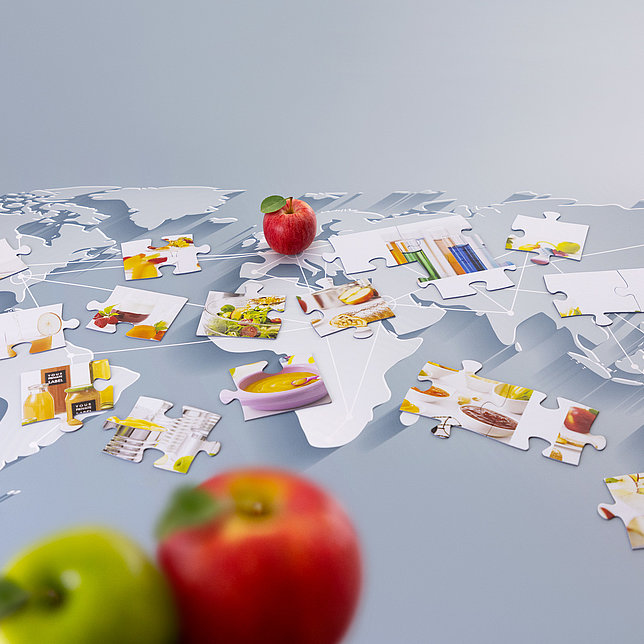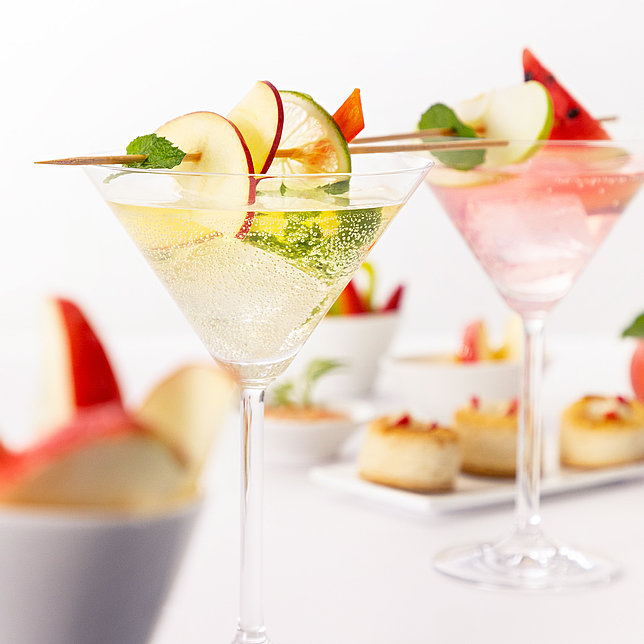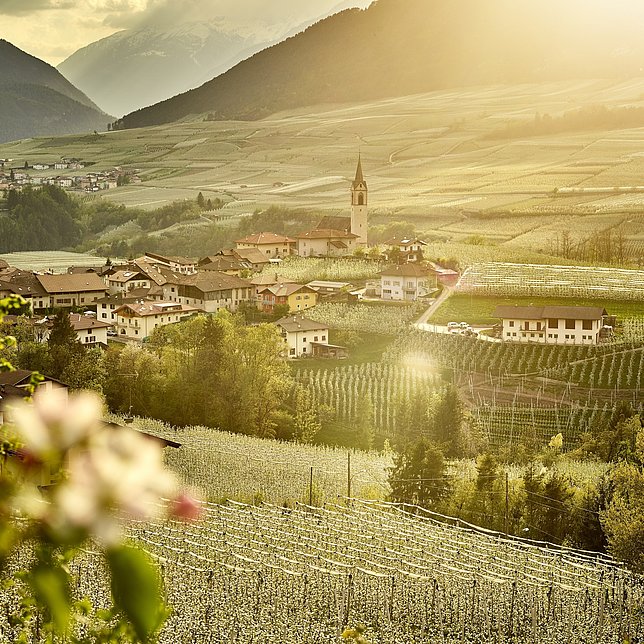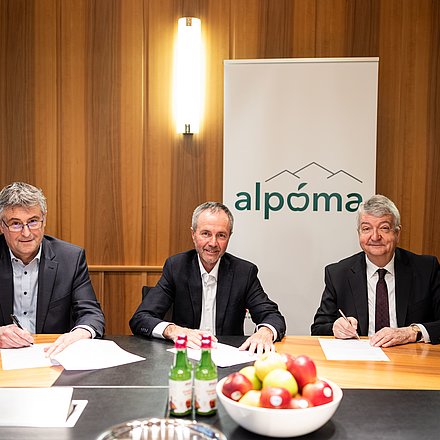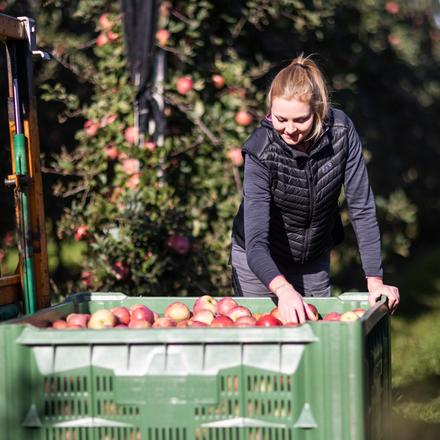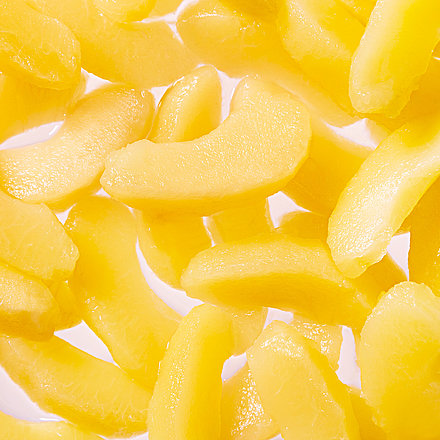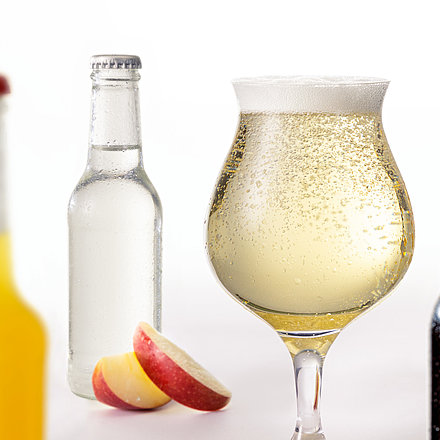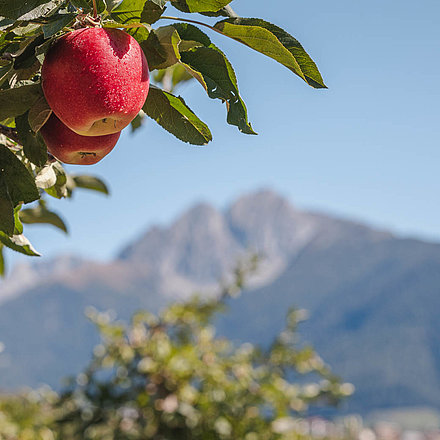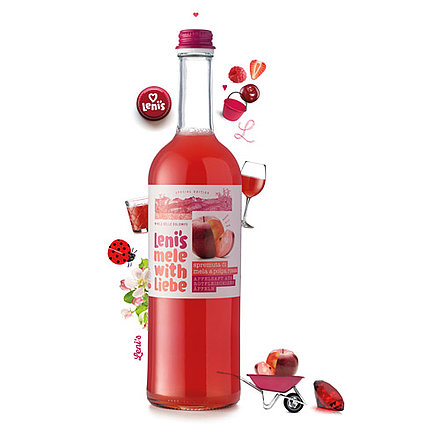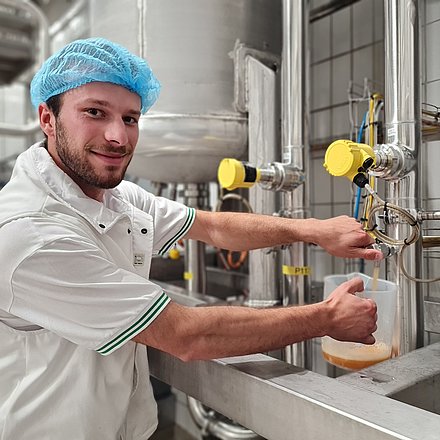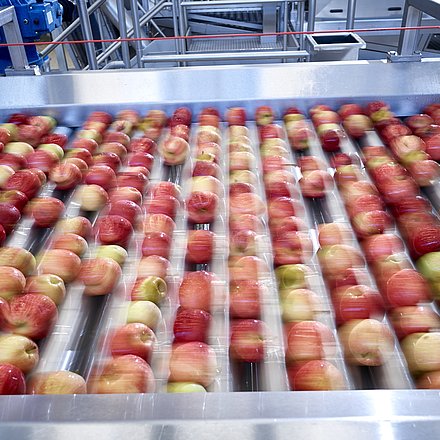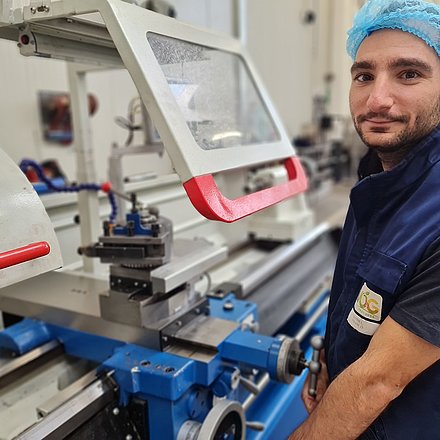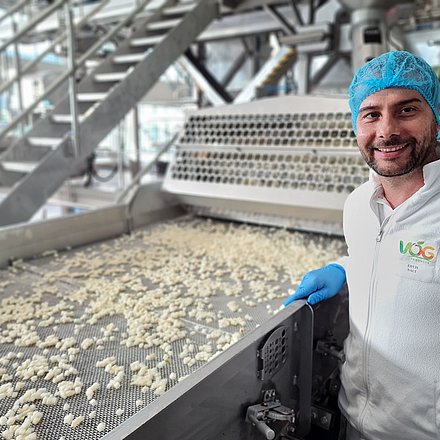"Organic apple juice is no longer a niche"
South Tyrol has been the largest organic apple supplier in Europe for many years. That is why the organic volumes delivered to the fruit processor VOG Products have more than tripled in three years. "The market for organic apple juices and organic apple purees is no longer a niche," says Martin Bristot, who works at VOG Products as Senior Key Account Manager with a focus on organic products.
Martin, what current trends and developments are you observing on the international organic market?
Throughout Europe, but especially in South Tyrol, the supply of organic apples is growing exponentially. At our plant in Laives, we now receive more than three times as much organic raw material as three years ago. It is a very positive trend, because sustainable cultivation means reducing the use of pesticides.
What trends do you observe in the supermarkets?
Right now, large discounters are increasing their demand for organic products. They have set themselves the objective of converting a certain percentage of their assortment to organic produce. We see this in Germany in particular, but also in France, Austria and the northern countries. Unfortunately, this trend is at the expense of health food stores and premium shops, many of which have been using organic products for many years.
Are there differences within the organic sector?
Absolutely. Demeter and Bioland rely on even stricter rules than those laid down in the EU organic regulation. In Germany, for example, the most important apple juice market, this is absolutely a growing niche - the quantities demanded are increasing significantly. VOG Products is certified by Bioland and Demeter, and also some of our suppliers supply Bioland and Demeter products. On the organic raw material we rely exclusively on our members. These quality aspects in combination with the origin "South Tyrol" are an important issue for many buyers and has become even more important in the Corona period.
Which customer segments are most interested in organic products?
Mainly the younger generations, such as mothers who buy organic baby food. But also the "organic pioneers" - in other words consumers who have been buying organic products for 20 years - are and remain convinced buyers of organic products.
Is the Golden Delicious still the classic South Tyrolean organic apple?
Yes - the Golden Delicious still make up the largest quantities of organic goods. The Golden ist folloiwed by Gala and, more recently, new varieties such as Pinova, Kanzi, Jazz, Bonita and Ambrosia.
Is organic apple juice still a niche product?
The market has become too big to be called a niche. The total apple harvest for Italy is about 2.2 million tons - of which about 200,000 tons are organic quality. In South Tyrol, more than 10% of the harvest is organic apples; Bio Südtirol and Bio Vinschgau are now the largest organic producers in Europe. At VOG Products, we source our organic produce exclusively from our members. Accordingly, the supply of organic apples to our factory in Laives, is very high in respects to production. This has made us the world's largest organic producer of apple juice, concentrate and puree at one location.
What is currently the best-seller when it comes to the organic product range?
Purees for baby food are highly demanded - they are often mixed with other fruit purees by our B2B customers. In France, drinking pouches, or so-called "Quetchies" are currently the best-seller: They contain a thick puree that is consumed as a snack. We are seeing an interesting trend in Italy: Here, the trend is moving from balsamic vinegar to apple cider vinegar and many producers use our concentrate for this. And another surprise: The debate on sugar in Europe means that fruit sweetener is now often used instead of sugar. Jam manufacturers, fruit bar producers and bakeries therefore like to use our organic concentrate.
What will future developments bring?
There is a high level of organic awareness in exotic markets with purchasing power including Asia and USA. I think that demand will increase in the next few years.
Overall, however, the topic of organic is heavily dependent on developments on the fresh market and on the farmers' decision as to whether they want to produce organic or conventional products. In any case, together with our members, we will follow the path they have chosen.


